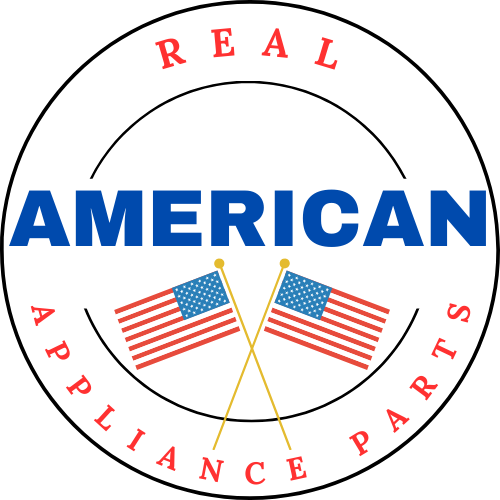Biggest Website Mistakes Hurting Appliance Repair Business SEO
If you run an appliance repair company, your website is one of the most powerful tools for attracting local customers. However, many businesses unknowingly make SEO mistakes that prevent them from ranking well on search engines. Here are the biggest website mistakes that could be hurting your appliance repair business—and how to fix them.
1. Ignoring Local SEO
Many appliance repair companies fail to optimize their websites for local searches. Since most customers search for "appliance repair near me" or "washer repair in [city]," ignoring local SEO means missing out on high-intent leads.
Fix:
- Use location-based keywords in titles, headings, and content (e.g., “Refrigerator Repair in Miami, FL”).
- Create Google My Business and local directory listings.
- Add your business name, address, and phone number (NAP) consistently across your website and online listings.
2. Slow Website Speed
A slow-loading website frustrates users and increases bounce rates, which can hurt rankings on Google. Search engines prioritize websites that load quickly.
Fix:
- Compress images and optimize them for fast loading.
- Enable browser caching and use a content delivery network (CDN).
- Minimize unnecessary code and scripts.
3. Poor Mobile Optimization
Most customers search for appliance repair services on their smartphones. If your website isn’t mobile-friendly, visitors will leave quickly, and Google will rank you lower in search results.
Fix:
- Use a responsive design that adjusts to different screen sizes.
- Ensure buttons and text are easy to tap and read on mobile.
- Test your site using Google’s Mobile-Friendly Test tool.
4. Lack of Service-Specific Pages
Many appliance repair websites list all services on a single page, which makes it harder to rank for individual repair services.
Fix:
- Create separate pages for each service (e.g., Refrigerator Repair, Washer Repair, Dryer Repair).
- Use unique content for each page with relevant keywords.
- Include customer testimonials and case studies to boost credibility.
5. Weak or Non-Existent Content Strategy
Websites without useful, engaging content miss opportunities to attract search traffic. Google favors websites that provide helpful information.
Fix:
- Start a blog with appliance maintenance tips, troubleshooting guides, and repair insights.
- Answer common customer questions in blog posts and FAQs.
- Optimize all content with relevant keywords and internal links.
6. Ignoring On-Page SEO Basics
Failing to optimize titles, URLs, and meta descriptions makes it harder for Google to understand and rank your pages.
Fix:
- Write compelling, keyword-rich title tags and meta descriptions.
- Use short, descriptive URLs (e.g., “/dryer-repair-los-angeles” instead of “/service1234”).
- Structure content with H1, H2, and H3 headers for better readability.
7. No Customer Reviews or Testimonials
Online reviews help build trust and influence rankings, especially in local SEO. Many appliance repair websites fail to highlight customer feedback.
Fix:
- Display Google, Yelp, and Facebook reviews on your website.
- Ask satisfied customers to leave reviews and respond to them professionally.
- Create a dedicated “Testimonials” or “Customer Reviews” page.
8. No Clear Call-to-Action (CTA)
A website without clear CTAs loses potential leads. Customers should immediately know how to book a repair or request a quote.
Fix:
- Add strong CTA buttons like “Schedule a Repair” or “Get a Free Quote” on every page.
- Include a visible contact form with phone numbers and service hours.
- Use contrasting colors and compelling action words.
9. Broken Links and Technical Issues
Broken links, 404 errors, and outdated information create a poor user experience and hurt SEO rankings.
Fix:
- Regularly audit your website using tools like Google Search Console or Screaming Frog.
- Fix or redirect broken links and outdated pages.
- Ensure all forms and buttons function properly.
10. Lack of Schema Markup
Schema markup helps search engines understand your business details and display rich snippets, like star ratings and service areas, in search results. Many appliance repair websites miss this opportunity.
Fix:
- Add LocalBusiness schema to highlight your company name, address, and phone number.
- Use Review schema to display customer ratings in search results.
- Implement Service schema to provide details on specific repair services.
Final Thoughts
A well-optimized website can significantly improve your appliance repair business’s online visibility and customer inquiries. By avoiding these common mistakes and focusing on local SEO, fast page speeds, and high-quality content, you can outrank competitors and grow your customer base.
